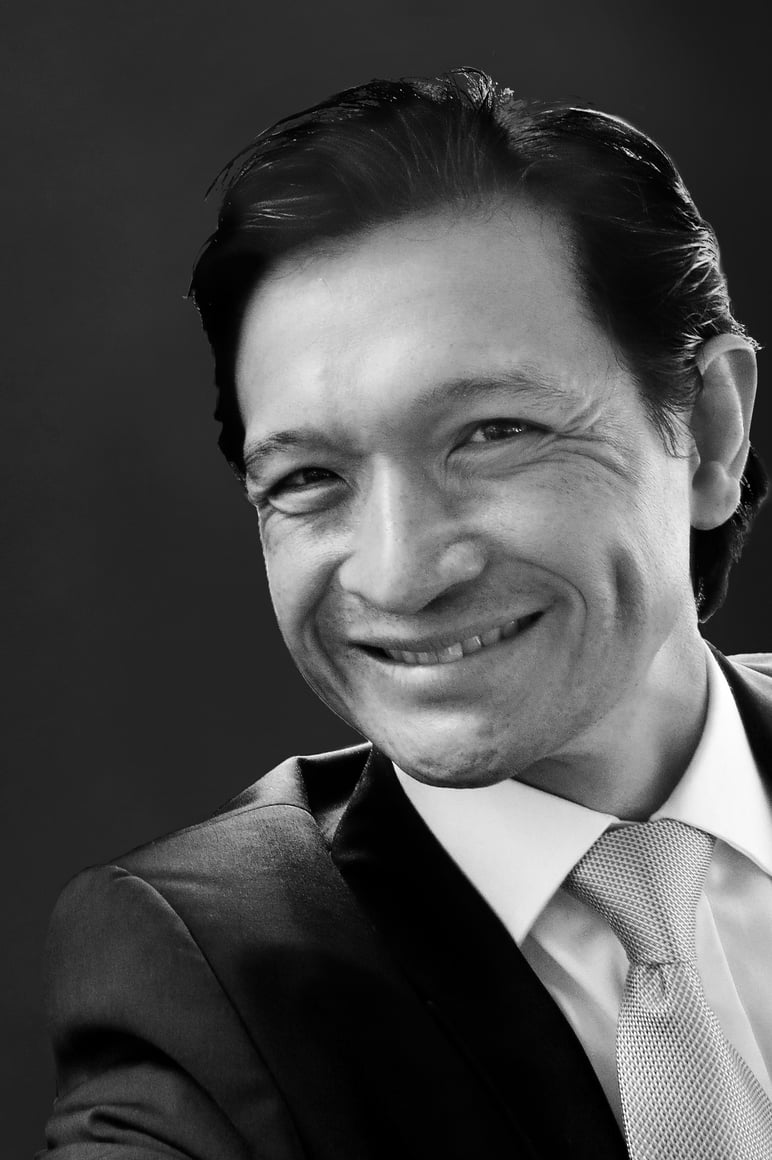
A sorry saga: Why an apology won’t erase legacy of Canada’s racist tax on Chinese
If British Columbia’s government thought its apology for the discriminatory “head tax” imposed on Chinese immigrants would lay the issue to rest, activist Sid Chow Tan wants it to think again.
If British Columbia’s government thought its apology last week for the discriminatory “head tax” and other racist legislation once imposed on Chinese immigrants would lay the issue to rest, veteran activist Sid Chow Tan wants it to think again.
“This is more about vote pandering and photo ops than it is about justice and honour for pioneer Chinese families,” said Tan, whose grandfather, Chow Gim Tan, was among those forced to pay the tax when he arrived in Canada in 1919.
The notorious head tax was imposed by Canada’s government on tens of thousands of Chinese arrivals for nearly 40 years. The per-person tax was C$50 when it was introduced in 1885, rising to C$500 in 1903. That was equivalent to about two years’ wages for a Chinese labourer.
The tax was abolished in 1923, when it was rendered obsolete by the more-draconian Chinese Exclusion Act, which placed a near-total ban on Chinese migration to Canada until 1947.
BC’s provincial treasury is estimated to have received about C$9 million in head tax revenue.
The paper said “some ethnic communities, particularly Chinese, feel that they are ignored by government between elections”, and that one way to quash this perception was to “identify and correct ‘historical wrongs’” in order to score some “quick wins”.
The proposed head tax apology was thus shelved for a year amid suggestions that it would represent nothing more than insincere politicking.
“The apology in the BC Legislature is an apology by current status quo politicians for past status quo politicians’ racism and discrimination. I am disappointed by this apology by BC legislators who are very unfeeling, dismissive and arrogant to the surviving directly affected elderly sons and daughters of head tax and exclusion families,” said Tan in a statement.
“The message here is you can profit from racism in BC and an apology makes it okay. Shame on our politicians and community leaders who fail to understand this is about justice and honour for elders of pioneer Chinese families in BC.
Tan told me that he considered last Thursday “an utter humiliation day for all pioneer Chinese families”, because of the BC government’s failure to pay back the C$9 million. “I am sure that she [Clark] would argue that her government is being incredibly sincere and that community leaders would feel that it is quite heartfelt. I did not go to the legislative session on Thursday, though I was invited. I did not see the purpose.”
The motion read by Clark in the provincial legislature apologised “for more than a hundred laws, regulations, and policies that were imposed by past provincial governments that discriminated against people of Chinese descent since 1871, when British Columbia joined Confederation, to 1947.
"These laws and policies denied British Columbia's Chinese communities' basic human rights, including but not limited to, the right to vote, hold public office, or own property; imposed labour, educational and employment restrictions; subjected them to health and housing segregation, and prevented them from fully participating in society.
"The House deeply regrets that these Canadians were discriminated against simply because they were of Chinese descent.”
Although Clark rejected the notion of compensation, a C$1 million legacy fund for educational initiatives was announced.
In 2006, the federal government offered C$20,000 compensation payouts to head tax survivors or their widows. About C$16 million in compensation was eventually paid out to 800 people, representing less than one per cent of all who paid the tax.
But Tan said the hurt imposed by the old racist policies was not just financial. Families were kept apart for decades by laws banning Chinese women from joining their husbands in Canada.
“My grandmother was separated from grandfather for the first years of their marriage until family reunification in 1950. It wasn’t until I got into the [head tax redress] campaign in the 1980s that I really understood what my grandmother and grandfather had been talking about, how difficult it was for them.”
The Hongcouver blog is devoted to the hybrid culture of its namesake cities: Hong Kong and Vancouver. All story ideas and comments are welcome. Connect with me by email [email protected] or on Twitter, @ianjamesyoung70.

